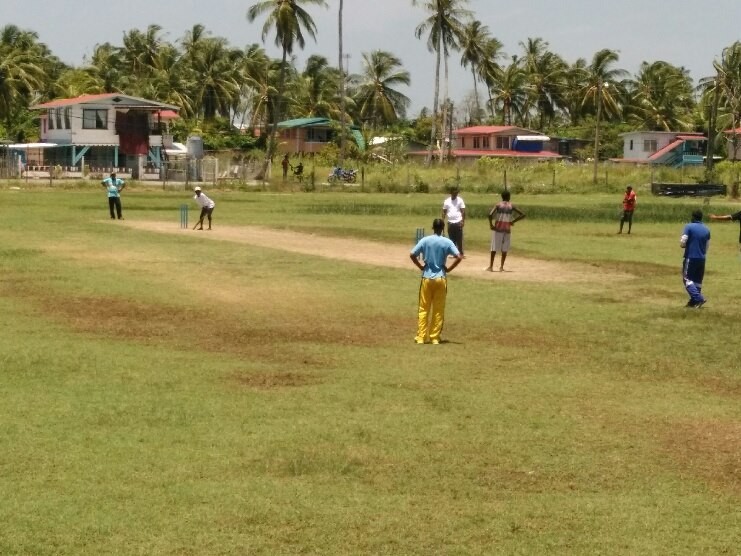
Dear Editor,
THE current euphoria about the Cricket World Cup amongst global fans is mainly due to the open nature of the tournament. In this Championship, there are three highly regarded favourites: India, Australia and tournament host, England. Furthermore, Pakistan, Sri Lanka and South Africa retain loyal fan-bases in their homelands and large Diasporas. Sadly, the West Indies Cricket Team’s ageing support-group is a testimony to its loss of mass appeal in the Caribbean. For example, in Jamaica, corporate sponsors have completely shunned from financing the terrestrial television broadcasting of the World Cup.
The prevailing narrative about the dwindling popularity of the West Indies Team may be initially explained by the constant turmoil between Management and the players; and the freelancing nature of the best Caribbean cricketers who prioritise franchise cricket over patriotism to the Regional Team. However, the family unit, the public school system and local communities have inadequately socialised the Caribbean youth into playing the game of cricket. Hence, the small talent pool of cricket-playing teenagers means that there will be few future stars of regional cricket.
This current generation of children are being taught very little about the game by older relatives. Dysfunctional families and non-traditional family types like single-parent and visiting unions are associated with limited family-time for adults to impart values to their children. More perturbingly, the case of male absenteeism in some families means that the father-figure is less present to inculcate cherished values about morality and fitness. The trickle-down effect of this social ill means that the present-day millennials are being raised by machines like computers, mobile phones and Xboxes, which amply occupy their time. Paradoxically, in the decades after de-colonisation, the playing of cricket was a ‘rite of passage’ for children in both rural and urban Caribbean territories.
Another hindrance to the popularity and success of regional cricket lies in the ugly truth that the various Ministries of Education in their respective CARICOM nations do not equitably provide resources for this sport in all schools. Hence, only a minority of schools in each country are actively involved in cricket. Even though there are intra-regional and intra-island school competitions held on an annual level, the competitions are not intense, and just a few schools tend to dominate. These schools may be benefitting from links with alumni and community associations that can provide quality coaching and cricket-gear. In the case of Trinidad and Tobago and Jamaica, certain elite High Schools enjoy a rich tradition in this game, because the playing of cricket embraced part of the “English Grammar-School Curriculum”. The side effect of this trend is that few schools create a finite assembly-line of prominent cricketers. Conversely, football now appears more universally played and followed across the different types of secondary schools. Indeed, football is more uniquely part of popular culture in the region than cricket. Meanwhile, in Jamaica, the most populous member-State of the West Indies, Track and Field enjoys cult appeal to distinct sub-cultures of both male and female youth.
A further problem in popularising cricket lies in the need for villages and towns to promote more cricket events. This is highly contingent on each district having a cricket field that is well maintained, well-secured and with adequate night lights. There is also a need for a curator of each district field, who will also be responsible for managing the pitch and regulating the water supply. The latter situation is now a major issue, due to global warming. It is my observation that the setting up of a recreational ground in each village in the Caribbean seems like a logistic nightmare, since local regional corporations face funding crises and a lack of policy direction. The Local Government agencies must be more aptly integrated with schools and community councils to deliver a decent cricket infrastructure to entice families to visit and exercise at cricketing venues.
Die-hard West Indian cricket fans have a tendency to romanticise about past glories, like when the West Indies won the first two World Cups. They envisage that our rich history can inspire our youth to love the game and excel at it. But history is not enough to evoke passion and loyalty to cricket. Instead, we need the family; the local school and community council to generate social bonds, and propagate relevant infrastructure. If this is not done, we would remain “doomed forever in a tiny theatre of a conflict and confusion”, as lamented David Rudder. To effectively rally around the West Indies, we must advocate and support “local” sporting initiatives.
Regards,
Chandradath Madho